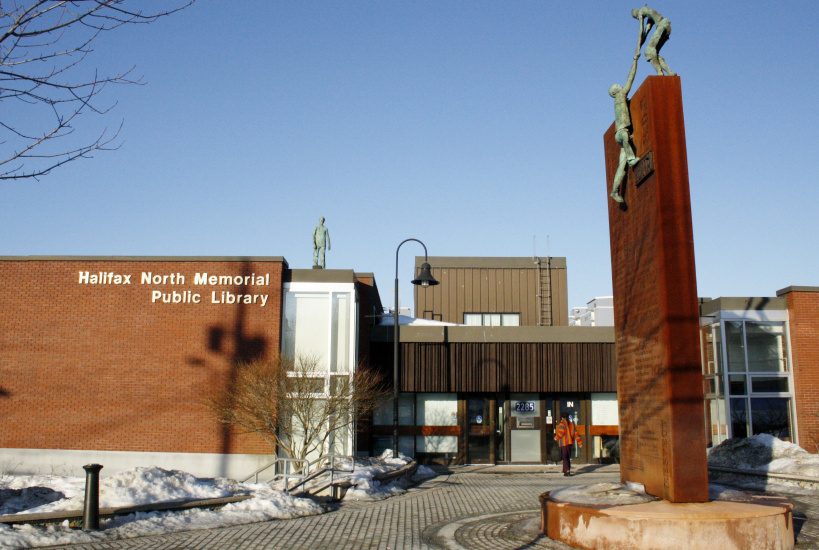
KJIPUKTUK (Halifax) – I have been watching the press briefings on social media where both the premier and Dr. Robert Strang have done an excellent job keeping all Nova Scotians informed of what is happening with COVID-19.
On Wednesday May 27th they announced that they are planning to reopen the economy.
This made me wonder when will the various places the poor depend on, not only for meals but also for getting out and socializing, reopen?
As my stories in the Nova Scotia Advocate illustrate, COVID-19 has not been easy on the people I advocate for. In normal times some 80% of the people I advocate for already live a life of loneliness and social isolation.
I understand it is not up to the Premier and Dr.Strang to make the decision on reopening these places.
Just to name a few places, these places include:
- The public libraries
- Souls Harbour
- Brunswick Street Mission
- Food banks
- The CMHA social clubs: the Sharing and Caring in Halifax and the Among Friends Club in Dartmouth.
- And on a related note, when will the work of the social worker at North End Community Health Center and the staff at Dal Legal Aid Services be back in their offices?
Anyway, the places I mentioned here are just a few examples of things that people living in poverty were not able to access while the public health warnings were in place. Souls Harbour was doing take-out meals, but people who live in poverty depend on Souls Harbour for socializing with people as well.
When will all of the above become available again, is the hot question on the minds of people living in poverty these days.
And how are these people going to adjust to the new normal experts are predicting?
One suggestion I would make is maybe someone in government could visit the places I mentioned above and put on workshops teaching people living in poverty what the new normal is, and how important is it going to be for them to have to follow the new normal as restriction gets lifted.
The feeling in the air is that financially better off people are going to have no problem adjusting to this new normal.
Income Assistance recipients are concerned about adjusting to this new normal because they, as my stories in the Advocate illustrate, do not have the same social resources that financially better off people have.
I have talked to people who are regular users of Souls Harbour who actually told me, “Kendall, the take out meal meal was great but sitting within the four walls of my apartment eating that take out alone by-myself was no fun and felt socially isolating.”
While COVID-19 was happening people living in poverty who in normal times already live a life of social isolation felt even more socially isolated.
And yes, there were some income assistance recipients volunteering while the public health warnings were in place. However, volunteering in these projects is not always ideal for those who live with physical disabilities.
But many others, especially the ones with disabilities who cannot get out as much, these public health warnings really took a toll on them.
Of course the one time $50.00 that income assistance received helped a little, but that $50 was only a drop in the bucket for what they really needed during this time. Receiving that extra $50.00 certainly did not replace the social contacts and talking when attending the drop-ins and soup kitchens.
They need emotional support as well as financial support during this time. These public health warnings took a major toll on their mental health and well being.
Moving forward, let’s hope things get better for all!
Kendall Worth is an award-winning anti-poverty activist who lives with disabilities and tries to make ends meet on income assistance.
With a special thanks to our generous donors who make publication of the Nova Scotia Advocate possible.
Subscribe to the Nova Scotia Advocate weekly digest and never miss an article again. It’s free!




Thank you for your story. I wish you had mentioned the federal government. When you become disabled and are on income assistance they force you to go and apply for disability because it is less expensive for them.
They no longer have to cover any medical costs so you were left high and dry and still living in poverty.